 Are you still paying $15+ for HBO and $13+ for Cinemax? Stop.
Are you still paying $15+ for HBO and $13+ for Cinemax? Stop.
Most major cable television providers are slashing the price for both premium movie channels to protect subscriber numbers from the April introduction of HBO’s standalone video streaming service, likely to be called HBO Go.
Most analysts expect the on-demand service will cost $15 a month for one or both co-owned networks. With Time Warner Cable recently raising the price of HBO to $16.99 a month, the company may have priced itself out of the market.
“Why would I waste my time with HBO from Time Warner Cable when I will be able to get HBO Go for $2 less a month and won’t have to buy their larded-up cable television package,” asks Watertown, N.Y. resident Jeff Kates. “Their greed will cost them when they lose more subscribers than they gain in revenue from the rate hike.”
Comcast has already seen the writing on the wall and this year cut its regular pricing for HBO from $18.95 to $15 — matching the likely price of standalone HBO Go.
In an effort to lock in customer loyalty and avoid accelerating cord-cutting, many major pay television providers are putting one or both Time Warner (Entertainment)-owned networks on sale for much of 2015. These prices are available to any new premium cable subscriber. If your provider will not switch your current subscription to the new promotional rate, cancel one or both channels for a few days (or threaten to cancel service altogether) and then resubscribe at the discounted price.
Here are the current offers:
- AT&T U-verse: Bundles HBO and a year of Amazon Prime service with a package of mostly local over the air channels for around $40-50 a month depending on the promotion;
- Charter Cable: Charter’s Triple Play Silver package bundles HBO, Cinemax, Showtime/Movie Channel premium channels into the television package at no extra charge;
- Comcast: Offers HBO for online sign ups at $10 a month for a year. Comcast attempts to limit the offer to customers who have not subscribed to HBO for the last 120 days, but this condition is usually waived if you threaten to cancel service and switch to a phone or satellite company;
- Cox: Stingier than others, Cox is offering discounts for just six months, but gives you quantity discounts. Buy 1 premium channel at $10/mo, two channels for $15, three for $20 or four networks for $25 a month. Your choices include HBO, Cinemax, Showtime, and Starz;
- Time Warner Cable: Now has a sale running for $9.99/mo HBO and the same rate for Cinemax, Showtime, and Starz when ordered online. Current non-premium customers can upgrade from the My Account portal. Current premium channel customers will have to call Time Warner and argue for the discount or cancel HBO and quickly resubscribe;
- Verizon: Also offers HBO and others at $9.99/mo for the first year.
Satellite services are expected to change their pricing on premium channels sometime this month.


 Subscribe
Subscribe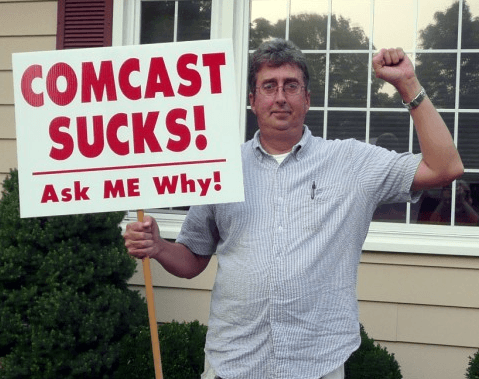 That paragon of virtue Comcast is back in the news again with yet another customer service horror story.
That paragon of virtue Comcast is back in the news again with yet another customer service horror story.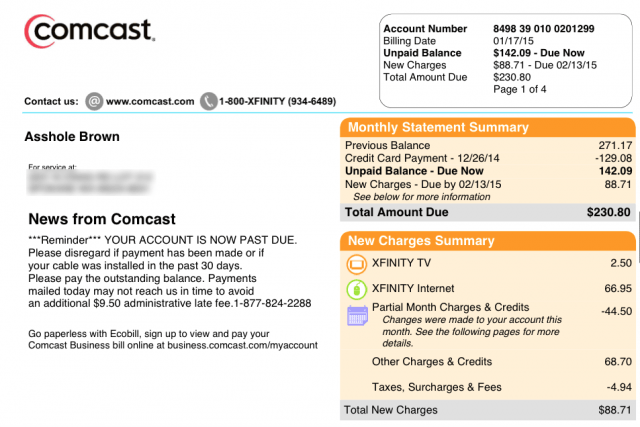
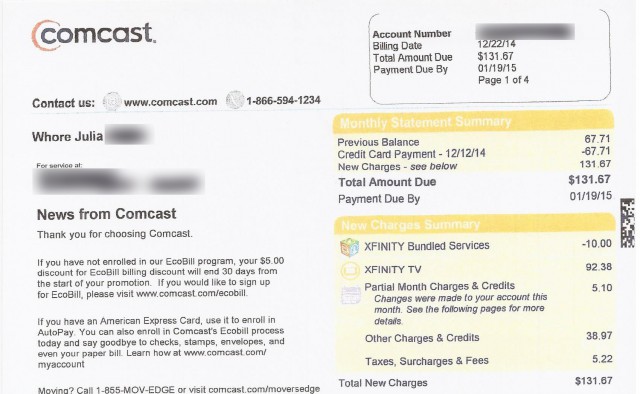
 Time Warner Cable plans to reach 75 percent of its customers with Maxx service upgrades offering broadband speed boosts up to 300/20Mbps for the same price it charges for 50Mbps by the end of 2016, assuming a merger with Comcast does not result in the plans being shelved.
Time Warner Cable plans to reach 75 percent of its customers with Maxx service upgrades offering broadband speed boosts up to 300/20Mbps for the same price it charges for 50Mbps by the end of 2016, assuming a merger with Comcast does not result in the plans being shelved.
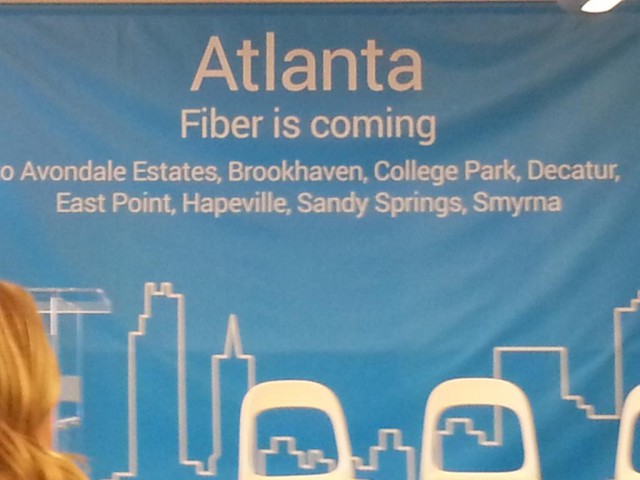 Google has announced it will bring its fiber broadband service to four new cities — Atlanta, Charlotte, N.C., Raleigh-Durham, N.C. and Nashville, Tenn., according to
Google has announced it will bring its fiber broadband service to four new cities — Atlanta, Charlotte, N.C., Raleigh-Durham, N.C. and Nashville, Tenn., according to 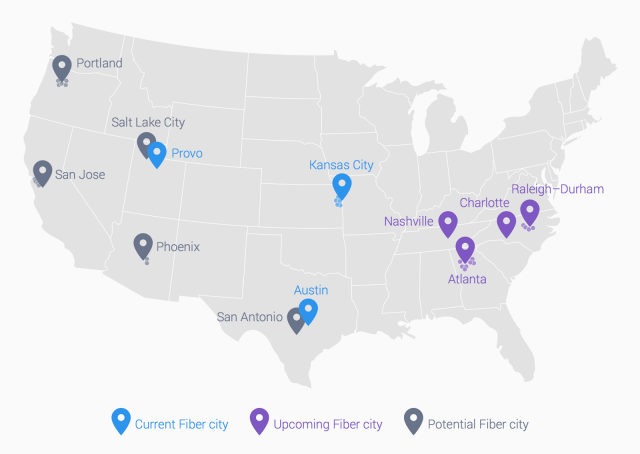
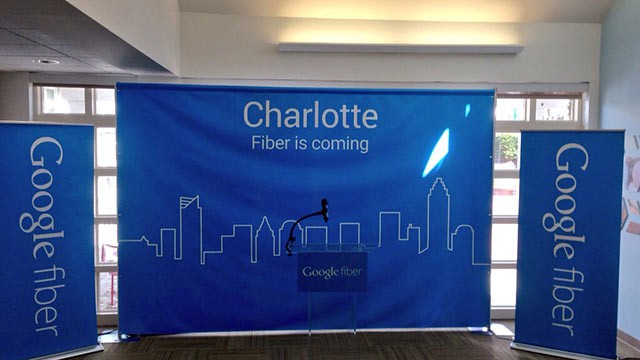 Google officials have also been reportedly sensitive to local government red tape and regulation. In Portland, the Journal reports Google has put any fiber expansion on hold there because Oregon tax-assessment rules would value Google’s property based on the value of their intangible assets, such as brand. That would cause Google’s property taxes in Oregon to soar. Until the Oregon state legislature makes it clear such rules would not apply to Google Fiber, there will be no Google Fiber in Portland.
Google officials have also been reportedly sensitive to local government red tape and regulation. In Portland, the Journal reports Google has put any fiber expansion on hold there because Oregon tax-assessment rules would value Google’s property based on the value of their intangible assets, such as brand. That would cause Google’s property taxes in Oregon to soar. Until the Oregon state legislature makes it clear such rules would not apply to Google Fiber, there will be no Google Fiber in Portland.
 Let us review:
Let us review: